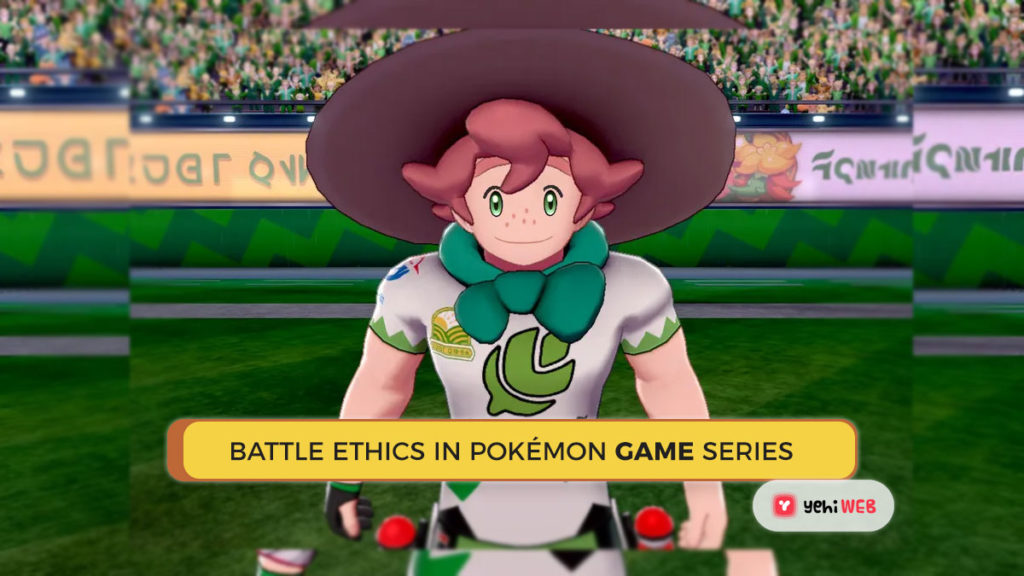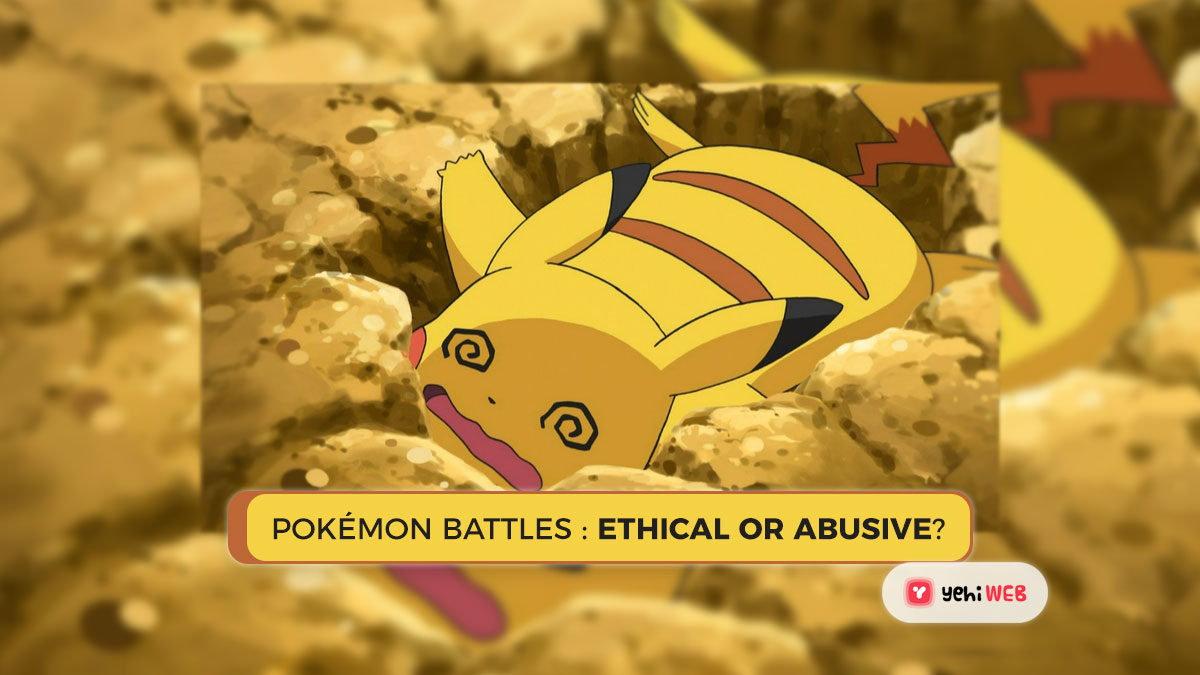In the Pokémon series, one of the most important aspects of becoming a trainer is battling. Battles also played an essential role in both the Pokémon games and the Pokémon anime series, whether it be battling other trainers, battling Gym Leaders, entering the Championship Leagues, or facing the Elite Four.
Some may doubt whether it is ethical for young trainers to befriend partners to make them take blows to demonstrate their progress and growth. Pokémon battles are not one-sided, contrary to popular belief, making battle responsibility a shared burden between Pokémon and the trainer.
In a battle of strength, stamina, and strategy, two or more trainers face off against each other, each calling on various members of their team. Since these battles last until both of a trainer’s Pokémon are physically unable to continue, it might appear that they are forcing their Pokémon too hard, mainly because trainers have the option of quitting until their Pokémon is rendered unconscious.
On the other hand, trainers are taught when to pause and how important it is to listen to their teammates in both the Pokémon anime and game series. As a result, the intensity of Pokémon battles may not be as terrifying as it seems.
The Pokémon games and anime take different approaches to battle and battle safety, but they all have one thing in common. When a Pokémon and its trainer engage in combat, both parties generally agree. Pokémon tend to have an inherent desire to compete against one another.
When they form a relationship with a trainer, they work as a team, collaborate on battle strategies, and share the risks that come with battling. When Pokémon believe their trainers are not professional enough to make sound decisions or do not want to engage in the battle, they will refuse to fight or listen, implying that a Pokémon will join a battle of its own free will.
Battle Ethics in Pokémon Animated Series

The animated series often depicts relationships that are negative or abusive. During the movie I Choose You, Ash meets Cross, a young trainer. In the rain, he left his Charmander in favor of what he considers to be superior Pokémon. He sees his Pokémon as a means to claim superiority over others, and he insists that the only quality that counts in combat is power.
Cross drives his Inceneroar and Lycanroc beyond their limits daily, and Ash and his friends explain how this goes against the essence of good Pokémon battles in narration. Pokémon partnerships, according to Ash, should be about finding new friends first and foremost, a moral he emphasizes in the Pokémon anime series.
Battle Ethics in Pokémon game series


